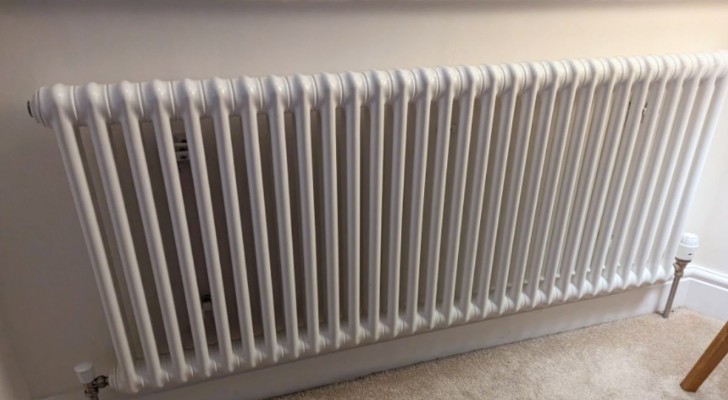Are you sure your radiators are in the right positions? Avoid these mistakes
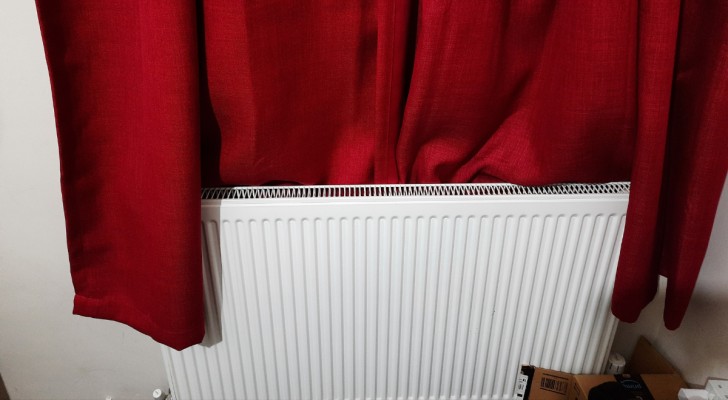
The positioning of radiators is a matter of fundamental importance when designing a house because it affects the efficiency of heating, which can help achieve significant savings on the utility bill and also avoid potential accidents. Whether you decide to do it yourself or seek the help of a professional, it is important to spend some time choosing the placement of each of your radiators to ensure that they are all equally efficient and that each room is adequately heated.
There are places in our homes that should never have a radiator, yet it often happens that we find them right where they shouldn't be. Therefore, it is useful to do research before choosing where to install radiators. Each room has its ideal placement, and some areas of the house do not require a radiator at all.
Ensure maximum efficiency and reduce your utility bills with these tips for the proper placement of radiators in your home.
1. Radiators and windows
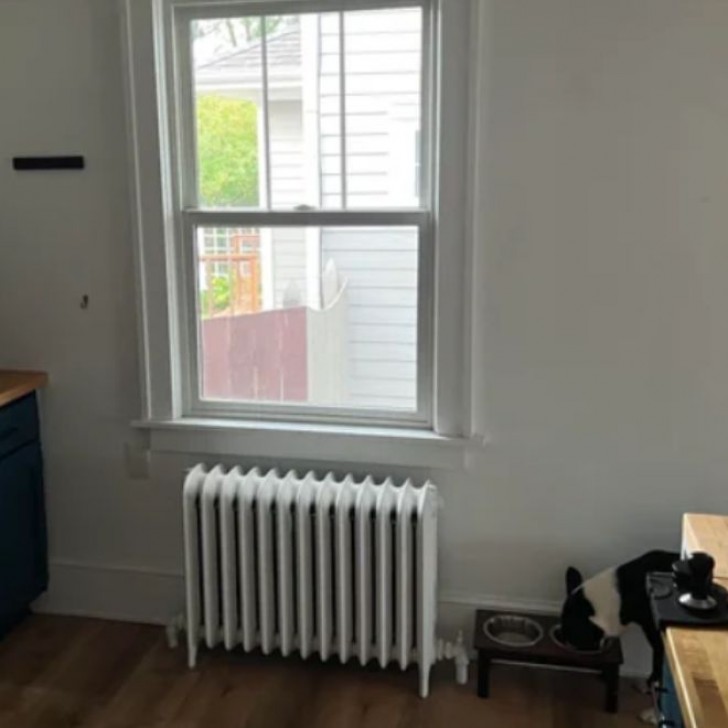
It is usually believed that a radiator should never be installed under a window because it could lead to significant heat loss. This is true for windows that are not perfectly insulated and located on the exterior walls of the house, which cool down much faster than internal walls. Placing a radiator under a window with solid and good insulation is a good idea.
2. Radiators and curtains
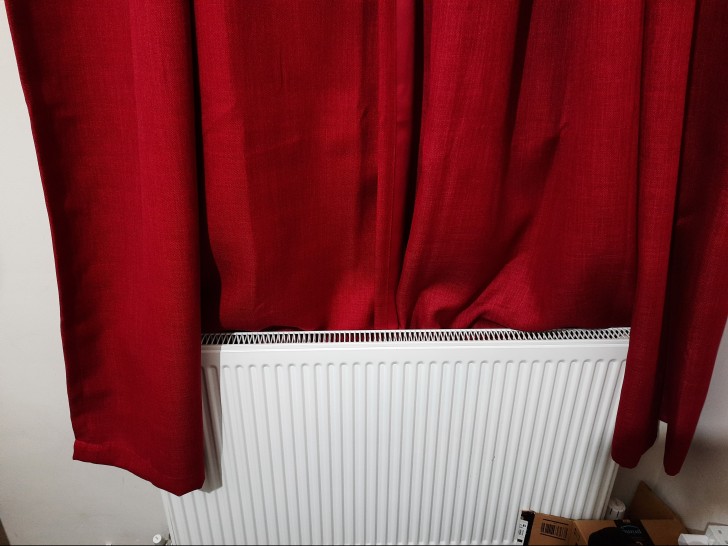
Contrary to windows, curtains are not great for radiators. Placing radiators behind curtains can result in greater difficulty in the circulation of warm air, leading to a reduction in heating efficiency. It is much better for curtains to be well away from radiators: even if they are above or behind, they could trap heat, preventing circulation.
3. Radiators and furniture
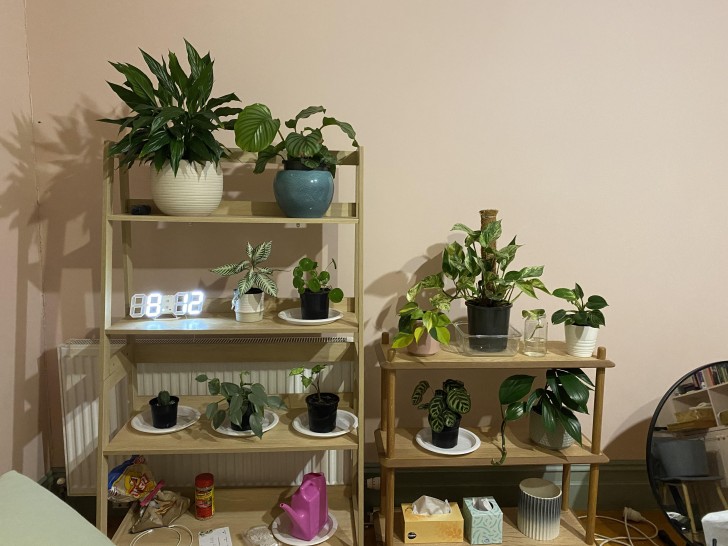
Furniture that is bulky and shelves that are loaded/full should never be placed above or in front of a radiator. The risk, as with curtains, is an obstruction to the free circulation of warm air, which could inevitably lead to increased energy consumption and cause a buildup of heat that could damage objects or plants in the vicinity.
The same applies to radiator covers: we know they are not the most aesthetically pleasing furniture accessories, but covering them is never a good idea if you want the radiators to efficiently heat your home. Choose models that you like and leave them uncovered.
4. Radiators and electricity
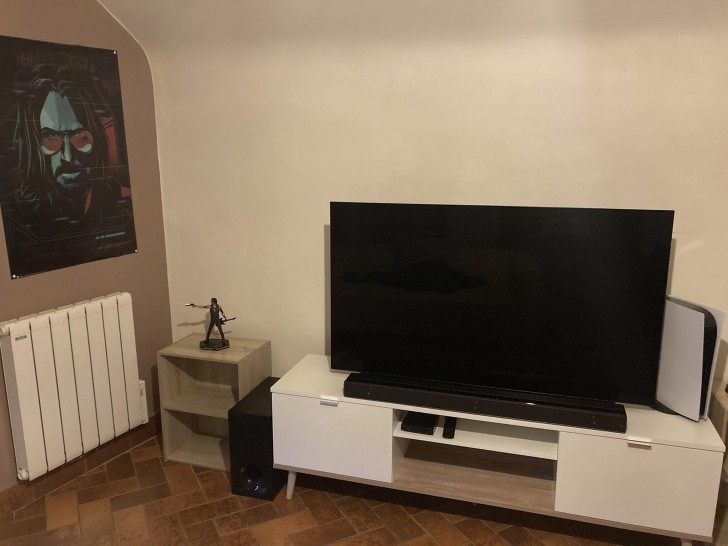
Be careful with electrical outlets and devices; the proximity of a radiator could damage them with its heat. If you care about your television and video game consoles, it's best to keep them away from the radiator!
Also, be mindful of the refrigerator: not only could it be damaged by the heat, but it could also struggle to maintain proper cooling levels, leading to a further increase in energy consumption.
5. Very humid rooms
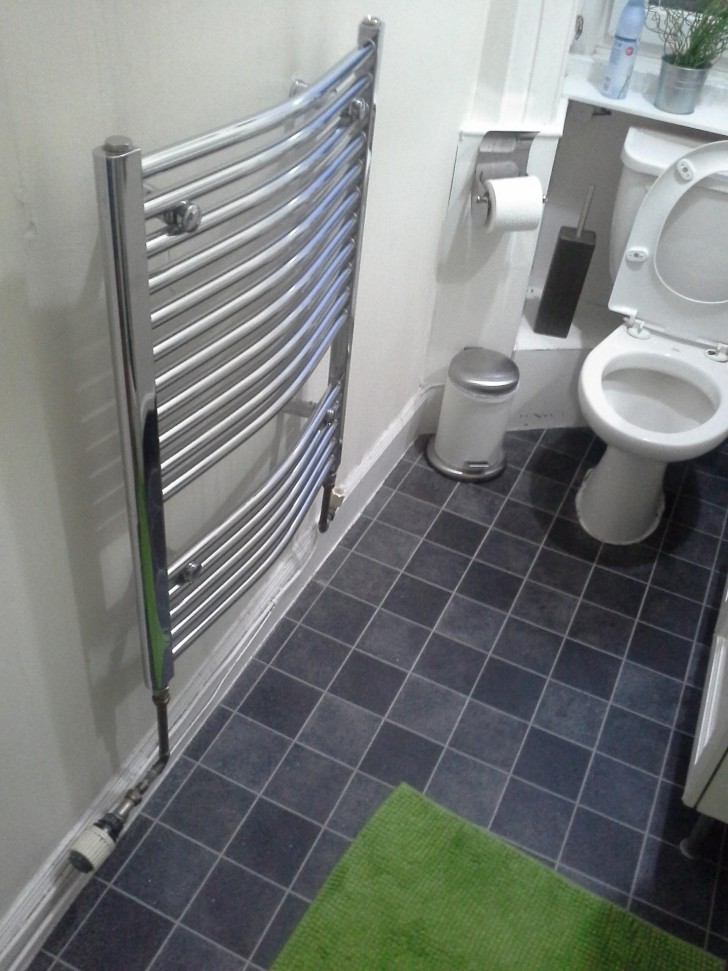
There are rooms like the kitchen and bathroom that have high levels of humidity, and it's essential to consider this when choosing radiators for these spaces. In these rooms, it is necessary to use models specifically designed to withstand high humidity; otherwise, they may have greater difficulty heating the area and/or get damaged prematurely.
6. Rooms that do not need a radiator
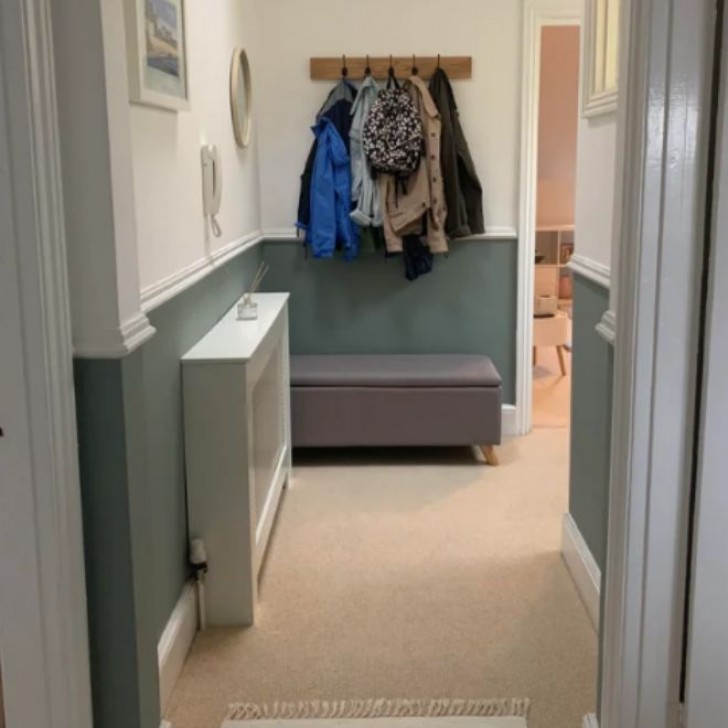
Finally, it is worth remembering that some rooms/areas do not require a radiator: hallways, storage rooms, attics, cellars, and garages are places that are not regularly used and, therefore, do not need to be heated. It is much better to focus on properly heating the rooms you do use often.
Where are your radiators positioned at home?
